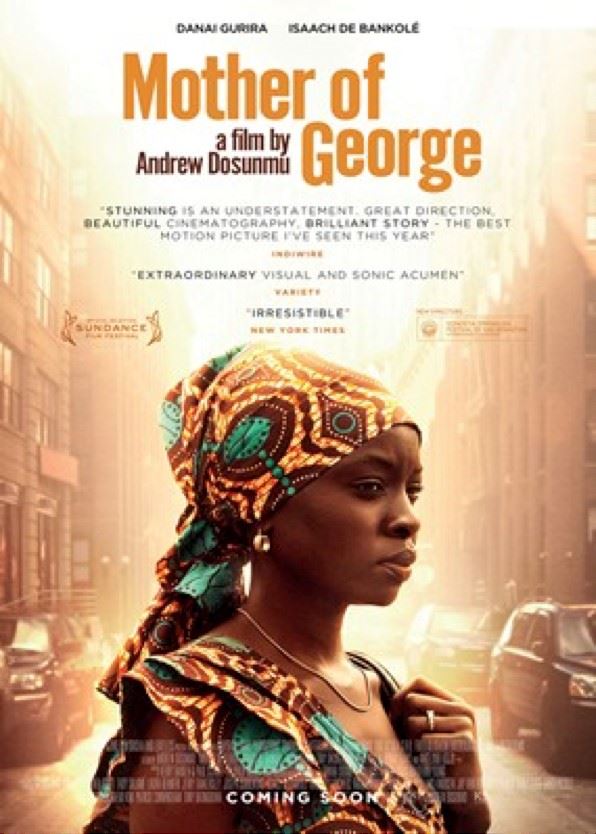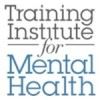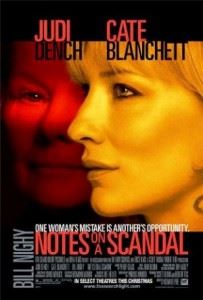|
Separation and Development of Self in MidlifeWorkshop: Training Institute for Mental Health in Collaboration with Section I, Division of Psychoanalysis, APA Saturday, March 10, 2018 10:00AM - 2:00PM 115 West 27th Street, 4th Fl., New York NY 10001 *Refreshments will be served.* 3 CEUs for Social Workers Registrants as a result of this workshop will be able to: 1. Clarify the difference between a reactive versus a developing self in the face of unexpected loss of a partner through an affair. 2. Understand the difference between regressive pull of the past and the adventure of an unknown future while dealing with a divorce. 3. Understand the conflicts that emerge in the clinical setting when an unexpected separation occurs. Registration $45 for Professionals $20 for active Section I Members, Division 39, APA & Students/Candidates with ID Free for Training Institute students and interns. To pay by phone please call, 212-627-8181 To register and pay by PayPal, please visit: http://timh.org/events |
A Screening and discussion of the award-winning film Things to Come Starring Isabelle Huppert Director: Mia Hansen-Love In this award winning film released in 2016, the issues of dealing with the trauma and separation and coming to terms with a future life with or without someone as a partner; are significant themes, which our workshop will address. These themes will be discussed in terms of their clinical relevance in the therapeutic situation. Presenters/ Discussants: |
11:00 AM: Welcome & Introduction Presenters/Discussants: Additional commentary: After attending this workshop, participants will be able to:
Jude Aguwa, PhD: Dr Aguwa is an Associate Professor, Division of Civic and Cultural Studies, Mercy College. He is the author of two books and many articles. His research interests include, religion and African cultures, religion and social values, religion and modernity. Albert Brok, PhD, CGP: Dr. Brok is the Director of Group and Couple Therapy training at TIMH and is on the Board of the Division of Psychoanalysis of the American Psychological Association. He is is the past President of Section I, Division of Psychoanalysis, APA. Dr Brok has co-authored four books and published numerous articles including on the unconscious and culture. His most recent publication is on Psychodynamic Couple Counseling in Reiter and Chanile (eds), Behavioral, Humanistic-Existential, and Psychodynamic Approaches to Couples Counseling, Routledge, 2017 (in press). His work on cultural issues includes “ Surprises and mutual learning when teaching Psychoanalysis across geographical, language and cultural borders”, IPA, Boston 2015. Ellen Gussaroff, PhD, LCSW: Dr Gussaroff is Co-Director, Couple Training Program TIMH, and is former co-Director of the two-year Psychotherapy Program at Postgraduate Center for Mental Health and former Adjunct Professor of Social Work at Fordham University. She has presented internationally in Norway, Madrid, Prague and Buenos Aires. She is a member of Section I, International Committee, Division of Psychoanalysis, American Psychological Association. Her most recent work has been On “the Silent Mother”, IPA, Prague, Czech Republic, 2013 and on the implications for intimacy in modern technological times, exemplified by the Film “HER” which she presented at the IIPA, Boston, Ma. 2015. Adaobi Iheduru PsyD: Dr Iheduru Is a Clinical Psychologist at the Center for Victims of Torture, Atlanta, Georgia. She has wide ranging experience in acculturation issues and trauma, and has led seminars on multicultural competency and dealing with stereotypes that can impact clinical work. Dr Iheduru is Co-author of, Preparing tomorrow’s leaders for a world of diversity : Mentorship through involvement, in the African American Women in Professional Psychology. Published in the Association of Black Psychologists, Psych Discourse. She is bilingual in English and Igbo (a Nigerian language). Joel Idowu, MD: Dr. Idowu graduated from the University of Lagos, College of Medicine, Lagos, Nigeria. He is an Assistant Professor of Psychiatry, NY Medical College, Valhalla, NY, and is Director, Psychiatry Residency Training Program, Richmond University Medical Center, and Staten Island, NY. He has wide-ranging interests in film, culture, adolescent psychiatry, and issues of placebo effects. |
| Screening and discussion ofNotes on a Scandal |
In this film Workshop we explore the dynamics of a predator and issues of Envy, jealousy and the relentless pursuit of a fantasied object as they apply to and interfere with all intimate relationships. We shall also discuss how The need for manipulation, idealization. and how the impact of relentless transference impulses can overcome a sense wisdom and empathy in relationship. The triad of Compulsive, Transitional and Transformational relationships (Brok, 2014) will be considered in terms of their relevance to recognition and mutuality in interpersonal experience, couples therapy and meaningful friendships and family relations. This program is part of a Special film series on Developmental level of Object/Subject Relations and Issues of Intimacy via using examples from film portrayals. It is in Collaboration between Section I, Division 39, APA, and the Training Institute for Mental Health. Presenters: K. William Fried, PhD, Ellen Gussaroff, LCSW, PhD Bonnie Kaufman, MD For information: Contact Dr. Albert Brok, 212 580 3086 Drajbrok@gmail.com |
Presented by: Diversity Committee of the Institute for Psychoanalytic Training and Research With Collaboration of the International Committee, Section 1, Division of Psychoanalysis, American Psychological Association | JULY 18, 2015
|

,445,291,400,400,arial,12,4,0,0,5_SCLZZZZZZZ_.jpg)


